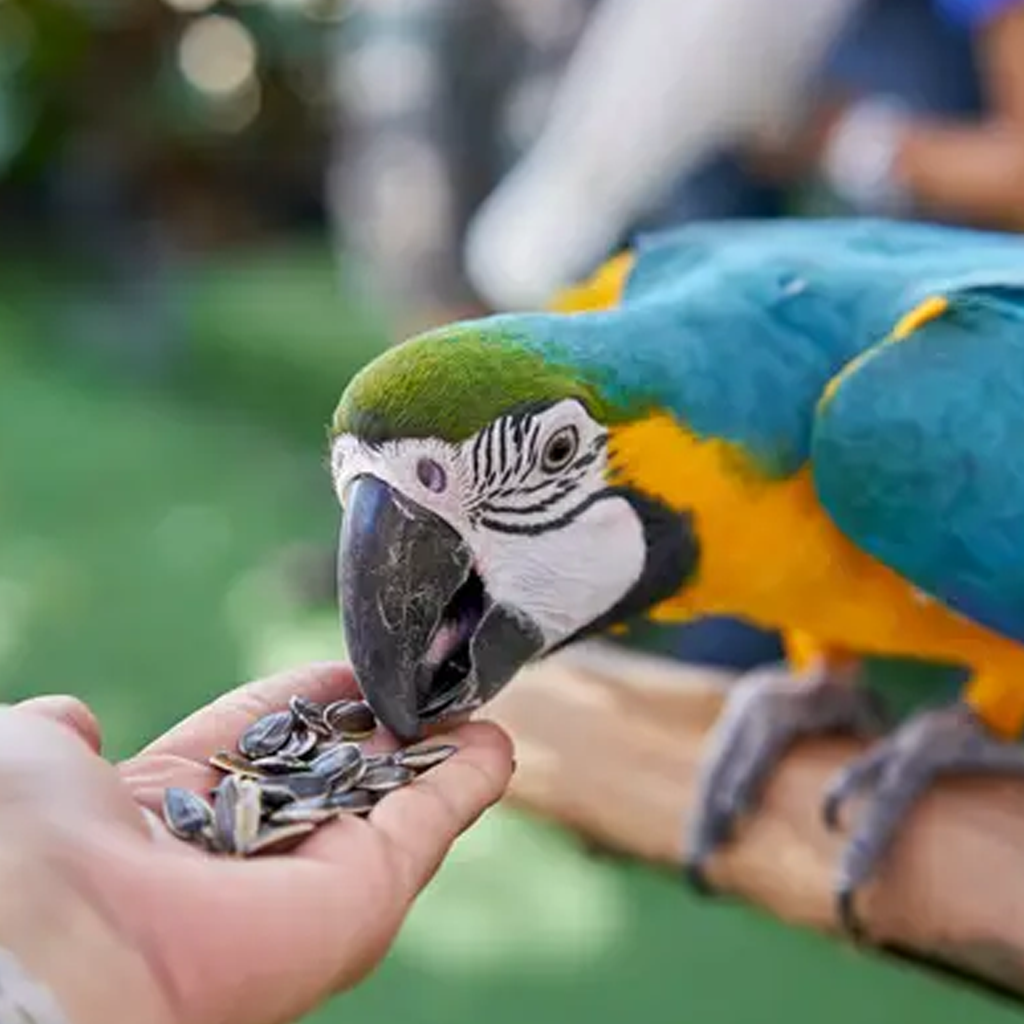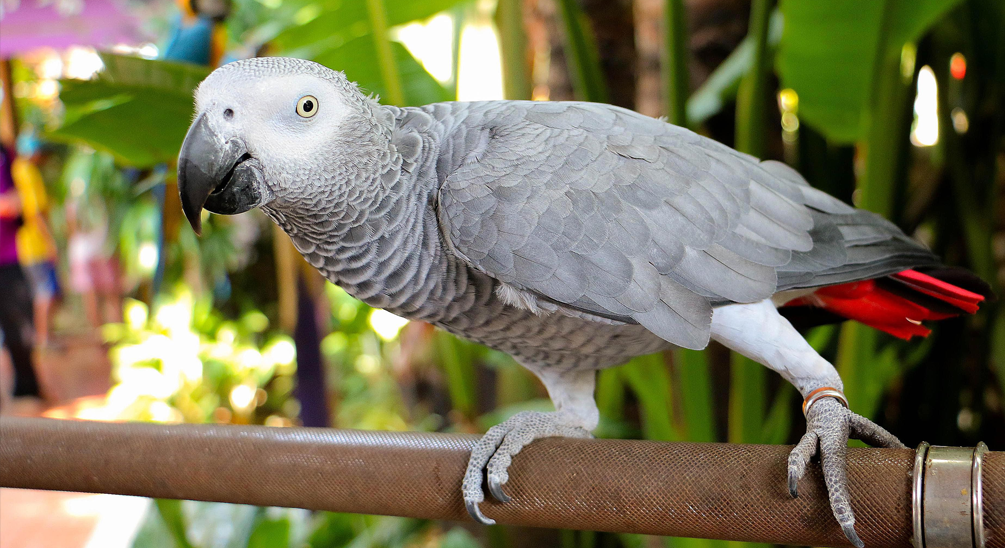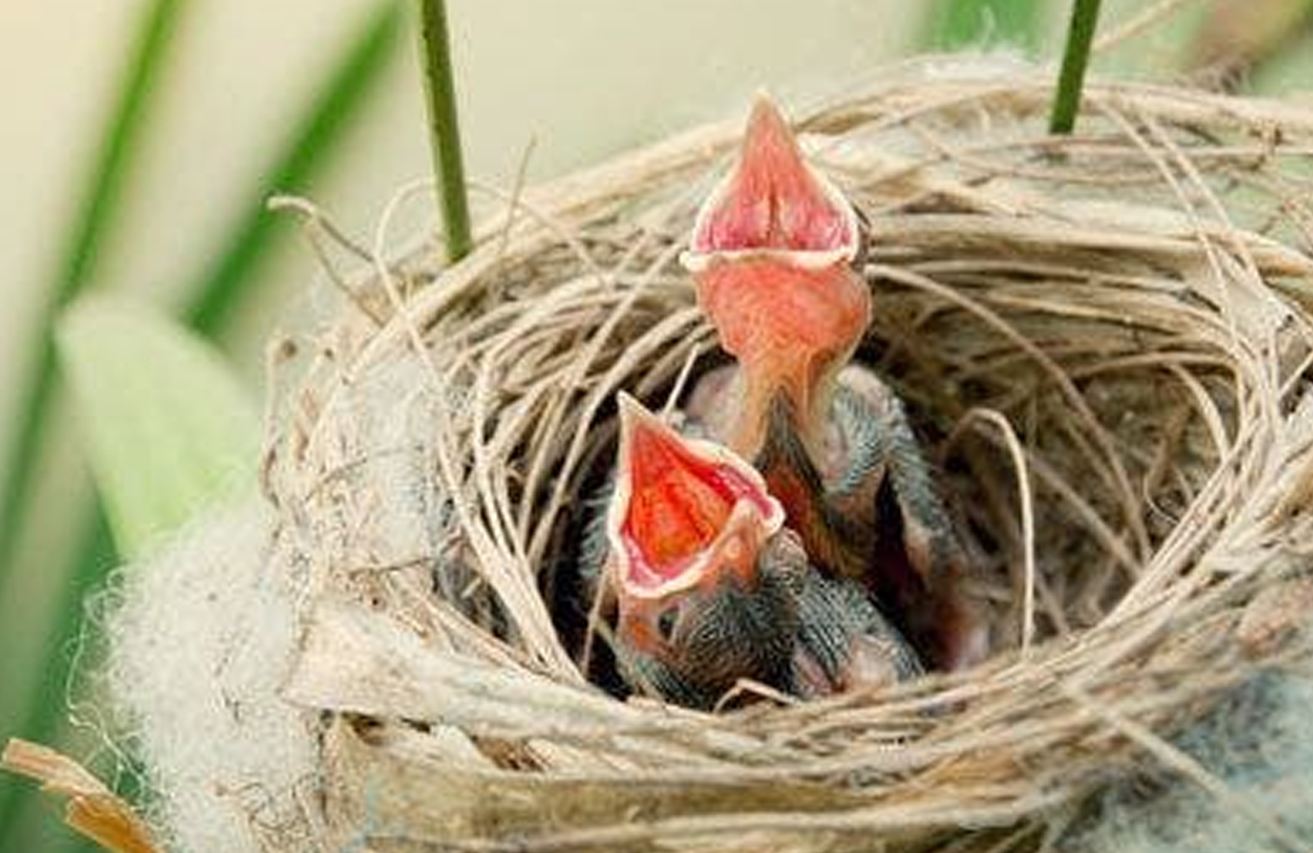Introduction: Ensuring your parrot receives the right nutrition is crucial for its health, longevity, and happiness. Parrots have unique dietary needs that require a balanced mix of seeds, fruits, vegetables, and specialized pellets. This ultimate guide will walk you through everything you need to know about feeding your parrot, including what foods to offer, what to avoid, and tips for maintaining a nutritious diet.
1. Understanding Parrot Dietary Needs
Parrots are omnivorous, meaning they eat a variety of foods, including seeds, fruits, vegetables, and sometimes even insects. However, their nutritional needs differ based on species, age, and health. A balanced diet helps prevent nutritional deficiencies, obesity, and other health problems common in parrots.
2. Seeds and Grains: A Staple, Not a Sole Diet
While seeds are a favorite among parrots, they should not make up the entirety of your bird’s diet. Seeds are high in fat and lack essential vitamins and minerals. Offer a variety of seeds, such as sunflower seeds, millet, and safflower, but be sure to balance them with other foods.
3. Fresh Fruits and Vegetables: Vital for Vitamins
Fresh fruits and vegetables are crucial for providing vitamins, minerals, and fiber. Include a mix of leafy greens, carrots, bell peppers, apples, and berries in your parrot’s diet. These foods should make up about 20-30% of their daily intake. Rotate the offerings to ensure a broad spectrum of nutrients and prevent dietary boredom.
4. Pellets: Ensuring Nutritional Balance
Pellets are specially formulated to meet the complete nutritional needs of parrots. Unlike seeds, pellets offer a balanced mix of vitamins, minerals, and protein. They should constitute about 50-70% of your parrot’s diet. Choose high-quality pellets designed for your specific parrot species to ensure they receive the right nutrients.
5. Nuts and Treats: Moderation is Key
Nuts are a healthy source of fat and protein, but they should be offered in moderation due to their high-calorie content. Use nuts as treats or rewards during training sessions. Avoid feeding your parrot salty or sugary treats, as these can lead to health issues.
6. Foods to Avoid: Keeping Your Parrot Safe
Certain foods are toxic to parrots and should be avoided at all costs. These include chocolate, caffeine, avocado, alcohol, and foods high in salt or sugar. Additionally, avoid feeding your parrot foods that are spoiled or moldy, as they can cause serious health problems.
7. Hydration: The Importance of Clean Water
Always provide your parrot with fresh, clean water. Hydration is as important as proper nutrition. Change the water daily and ensure the water dish is free of contaminants.
8. Tips for Transitioning to a Healthy Diet
If your parrot is used to a seed-heavy diet, transitioning to a healthier mix of pellets, fruits, and vegetables can take time. Start by gradually introducing new foods and reducing the amount of seeds offered. Patience and persistence are key to helping your parrot adopt a balanced diet.
9. Monitoring Your Parrot’s Health
Regularly monitor your parrot’s weight, behavior, and feather condition to ensure they are receiving proper nutrition. Consult an avian veterinarian if you notice any changes in their eating habits, as this could indicate a health issue.
Conclusion: Feeding your parrot a balanced diet is one of the most important aspects of responsible bird care. By offering a mix of seeds, pellets, fresh fruits, and vegetables, you can help your parrot live a long, healthy, and happy life. Always stay informed about your parrot’s specific dietary needs and consult with an avian vet to ensure you’re providing the best possible nutrition.
Share this content:




